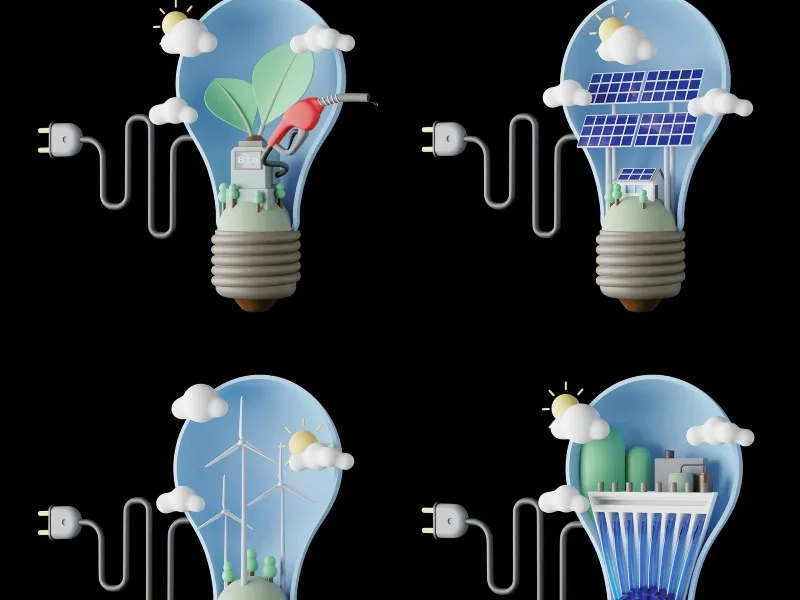Science communication supporting robust emissions reporting

Companies, businesses and governments across the world have joined the decarbonisation journey. In 2022, the Australian Government committed to net zero emissions for Australia by 2050.
Energy is critical for Australia to achieve net zero emissions, with electricity contributing the largest proportion (32%) of our greenhouse gas emissions (DCCEEW, National Greenhouse Gas Inventory, Sept 2022).
Within the energy sector, as with other sectors such as cosmetics and premium food, ‘clean and green’ and ‘sustainable’ branding offers a competitive advantage. This has led to a growing number of companies announcing net zero targets and pledges. But can we trust these targets?
Avoiding greenwashing
‘Greenwashing’ describes when an organisation, company or government overstates the extent to which their practices are environmentally friendly, sustainable or ethical.
While some companies may deliberately overstate their emissions targets and practices to gain a slice of the lucrative ‘clean and green’ brand, many have mistakenly made unclear commitments without understanding their true meaning.
Science communication can be an effective tool to help energy (and other) companies develop a strategy to reach net zero. Specialist communicators can help organisations understand, plan and announce clear, honest and accurate net zero emissions targets.
Net zero targets come with an array of technical and often confusing data and information. For example, what are scope 1, 2 and 3 emissions? Which should be included in a net zero target (spoiler alert – all of them!)? Will carbon offsets be required, and how many? How will progress be tracked, and where and how will emissions data be reported?
Specialised science communicators can help companies understand their emissions and ensure targets are robust, achievable and are accurately communicated and reported.
Climate change responses
However, reducing greenhouse gas emissions is not the only climate change response companies need to consider. They also need to understand how climate change affects their products, services, staff and infrastructure.
Scientell recently worked with Energy Networks Australia to develop a comprehensive report on climate change science and impacts relevant to Australia’s electricity network. The report consolidates and presents the latest information on climate change and the physical climate risks to electricity networks. It provides a valuable tool to increase the sector’s climate resilience.
Companies also need to plan ways to minimise or adapt to the impacts of climate change. Energy companies need to determine how to ensure stable and sustainable energy supply and a healthy workforce under more frequent and intense extreme events, including bushfires and heatwaves.
Climate vulnerability assessments can pinpoint vulnerabilities and help determine actions to reduce climate risks. Local and state governments and many companies have embarked on their own vulnerability assessment processes, whether for assets, ecosystems or services. Scientell has helped the South East Councils Climate Change Alliance produce a do-it-yourself guide for councils to assess the vulnerability of their assets to climate change.
Science communicators can help
The net zero emissions and emissions reporting landscape is complex. The last thing anyone wants is for companies to avoid making and implementing greenhouse gas emission targets.
Emissions reduction efforts by Australia’s energy sector are critical to Australia’s net zero journey. Powering our nation with affordable and clean energy that supports sustainable communities and cities is closer than ever before.
Science communicators can help ensure targets are accurate and achievable, and are openly and honestly communicated and reported. This is vital in preventing claims of greenwashing that pose a serious threat to the reputation of companies.
If you organisation needs support in communicating your net zero journey, please get in touch.
Author:
Date Posted:
June 30, 2023
